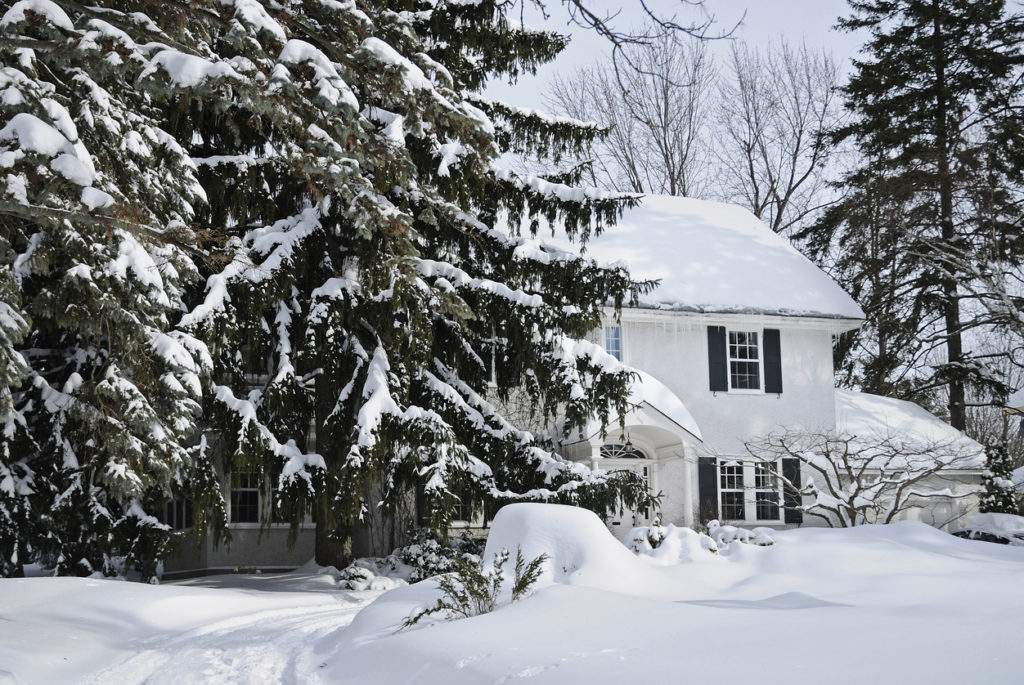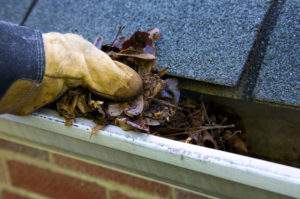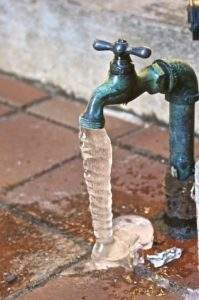Here are 5 Useful Tips to Winterize Your Home

Where has the time gone? We can hardly believe that we are in the final months of the year and that winter is just around the corner. For Colorado residents, that means rain, sleet, snow, and ice – and lots of it! Without making the right winter preparations, you could end up with some serious water damage. To help you prevent melting snow, ice, and other sources of water from wreaking havoc on your property, we’ve compiled five of our smartest tips for effectively winterizing your home.
Tip #1: Clean Your Gutters and Downspouts

Tip #2: Repair Cracks and Leaks
Cracks and leaks in your roof, siding, window frames, door frames, and around your home’s foundation can create a lot of trouble for you during the winter months. Not only can these allow for drafts that cause your heating bill to skyrocket, but they also act as access points for water. As soon as melting snow and ice or rain is able to enter your home, it’s game over. If left undetected or untreated, even small problems can lead to huge disasters. Imagine part of your roof caving in due to a leak and dealing with water damage and roofing repairs when it’s below zero outside! Take a few moments to seal up those pesky cracks. Most cracks and gaps can easily be filled in with caulk. Also, it’s a good idea to add some insulation on exterior walls that contain pipes as this will prevent those pipes from freezing.
Tip #3: Disconnect & Drain Exterior Water Sources

Tip #4: Check Your Main Water Shut-Off Valve
What happens if one of your pipes bursts during the winter? One of the first things you need to do when you detect a leak is to turn off the main water supply valve to your home so that you can stop any additional damage from occurring. Unfortunately, the snow and moisture that’s common here in Colorado can cause your valve to become so corroded that you can’t turn it off. In other cases, the valve may be buried in so much snow and ice that you can’t get to it. These problems can be prevented by checking on the valve before the season starts to make sure it’s operational, and by making it a point to keep the valve clear at all times.
Tip #5: Install Water Detection Devices
Sometimes, it’s impossible to predict when a leak will occur, or to prevent one from happening. Even so, you can significantly minimize the damages by installing water detection devices. The main device is installed on the main water line, with sensors placed in areas with a high risk for leaks (i.e., water heaters, dishwashers, washing machines, etc.). As soon as a water leak comes into contact with a sensor, the device will shut down the flow of water. These devices are great for the winter months when pipes are prone to freezing and bursting, and when many people are away from home for the holidays.
Looking for more tips to help winterize your Colorado home, or need some help getting your home up to snuff? The team at Abbotts Fire & Flood can help. Reach out to our experts today for more information.

